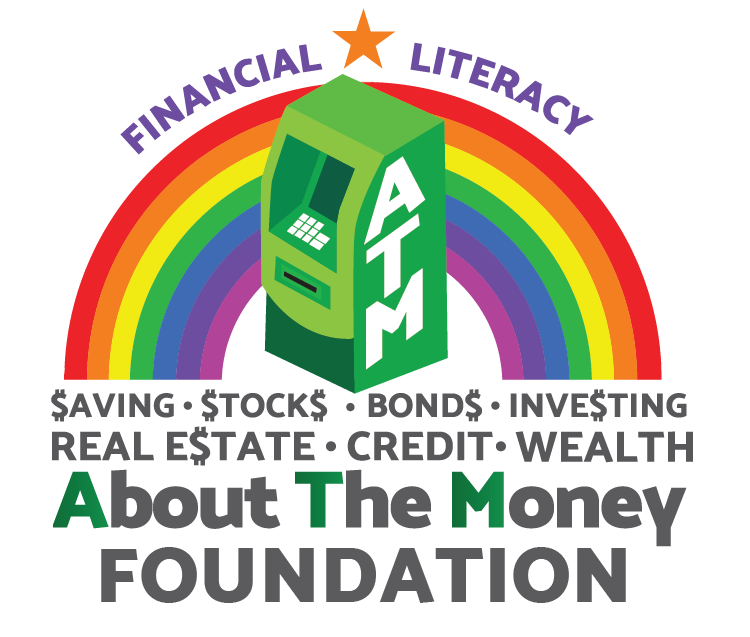Programs
Money Camp

These camps last from a few hours a day to a couple of weeks. They buck the traditional camp activities by teaching the subjects: Basic financial literacy concepts: budgeting, credit, savings investing in stocks and bonds, Electronic Trading Funds applying for and managing credit cards applying to and financing a college education and selecting a major Income, employment, property, and sales taxes Purchasing, financing, and insuring a car renting an apartment, the process of buying and financing a house and managing a small business. Camps can be run by a variety of organizations, including nonprofits, colleges and universities and businesses. Ages range from six to college freshmen, and camps often are broken into age or grade groups. Campers also take field trips to financial institutions, local, state, and federal.
Debt Free Myth

The ability for you to live your life debt free will open countless doors of freedom and allow you to lead a life that is much more stress free. Leading a debt free life is a conscious choice that you must desire to live by. To live the debt free life you must devise a financial plan to live from; believing in your purpose and goal is key. Borrowing money for items that go down in value will not help you stay off the debt train. Paying every bill in full will also ensure that your personal finances do not be come subject to borrowing money to make ends meet. Living life by a few simple tenants will safeguard your financial stability and life long happiness.
Retirement Talk

Retirement refers to the time of life when one chooses to permanently leave the workforce behind. The traditional retirement age is 65 in the United States and in most other developed countries. Many of those countries have some kind of national pension or benefits system in place to supplement retirees’. In the U.S., for example, the Social Security Administration (SSA) has been offering reitrees monthly Social security income benefits since 1935.
Credit Game

A contract agreement in which a borrower receives a sum of money of something of value and repays the lender at a later date, generally with interest. Credit also may refer to an individual’s or business’s creditworthiness or credit history. In accounting, a credit may either decrease assets or increase liabilities as well as decrease expenses or increase revenue.
Investment Club 101
Download Our Investment Club Flowchart

An investment club refers to a group of people who pool their money to make investments. Clubs can be informal or established as a legal entity such as a partnership. Either way, the club may be subject to regulatory oversight and must account for taxes properly. After the members study different investments, the group decides to buy or sell based on a majority vote of the members. Club meetings may be educational and each member may actively participate in investment decisions.
